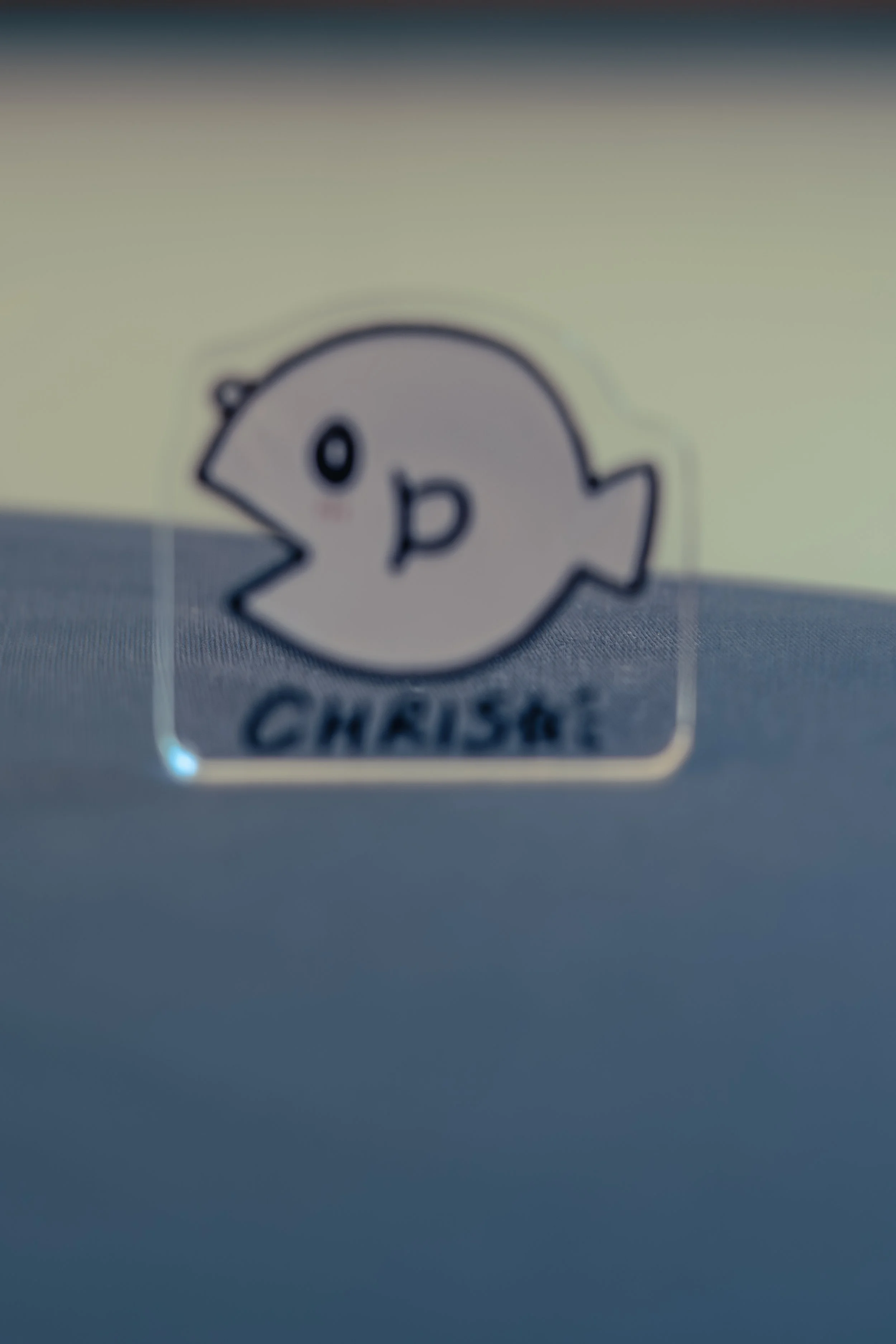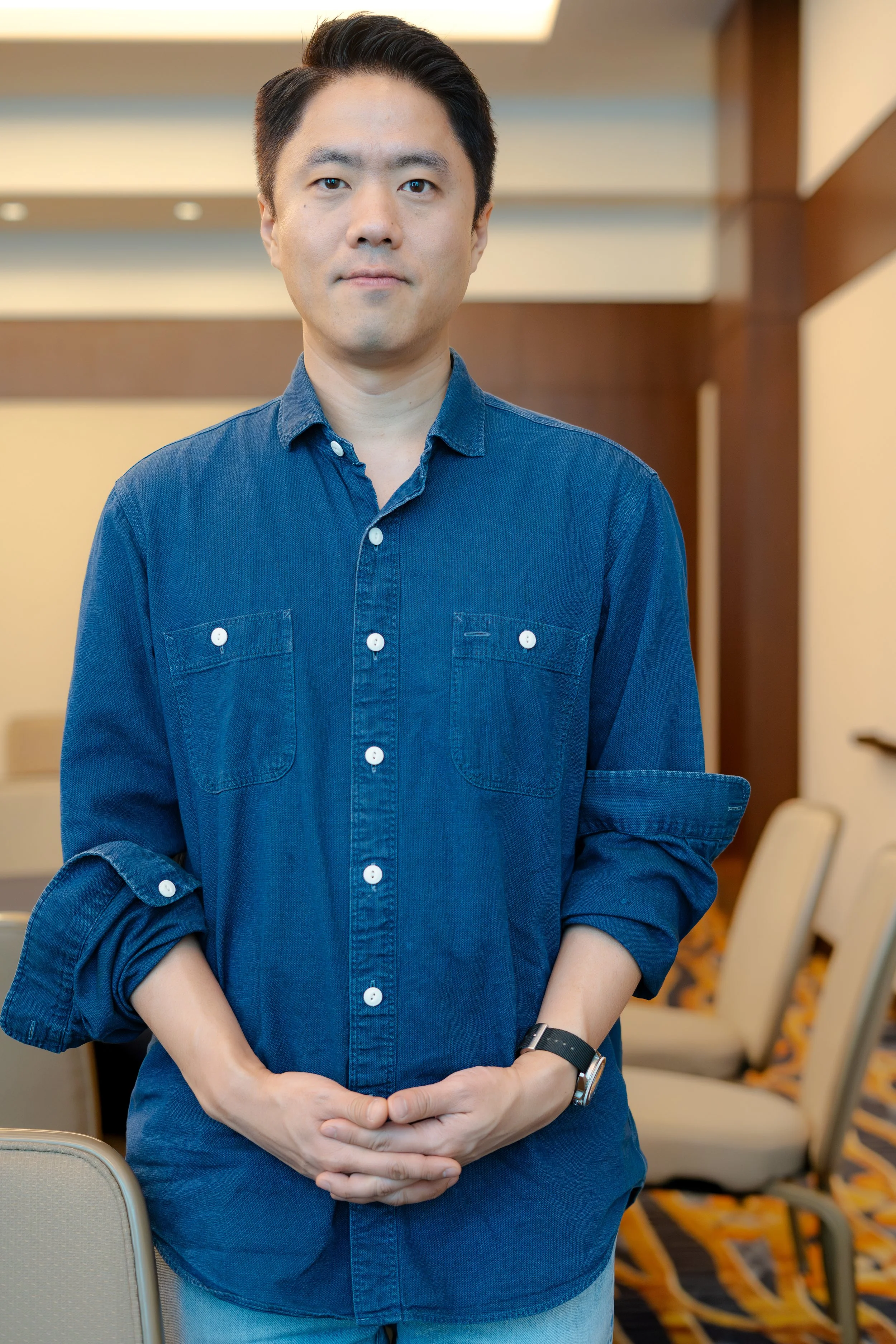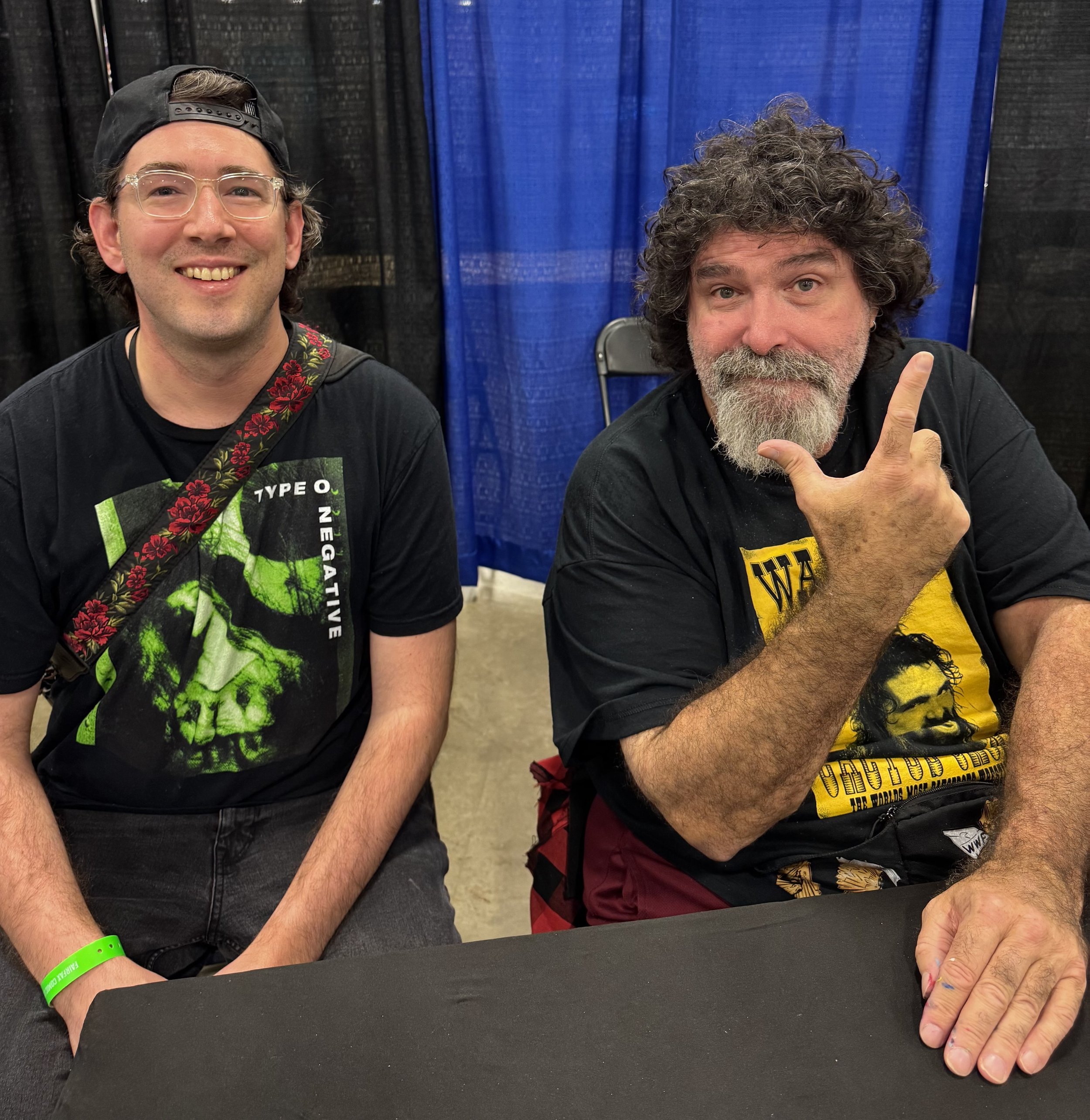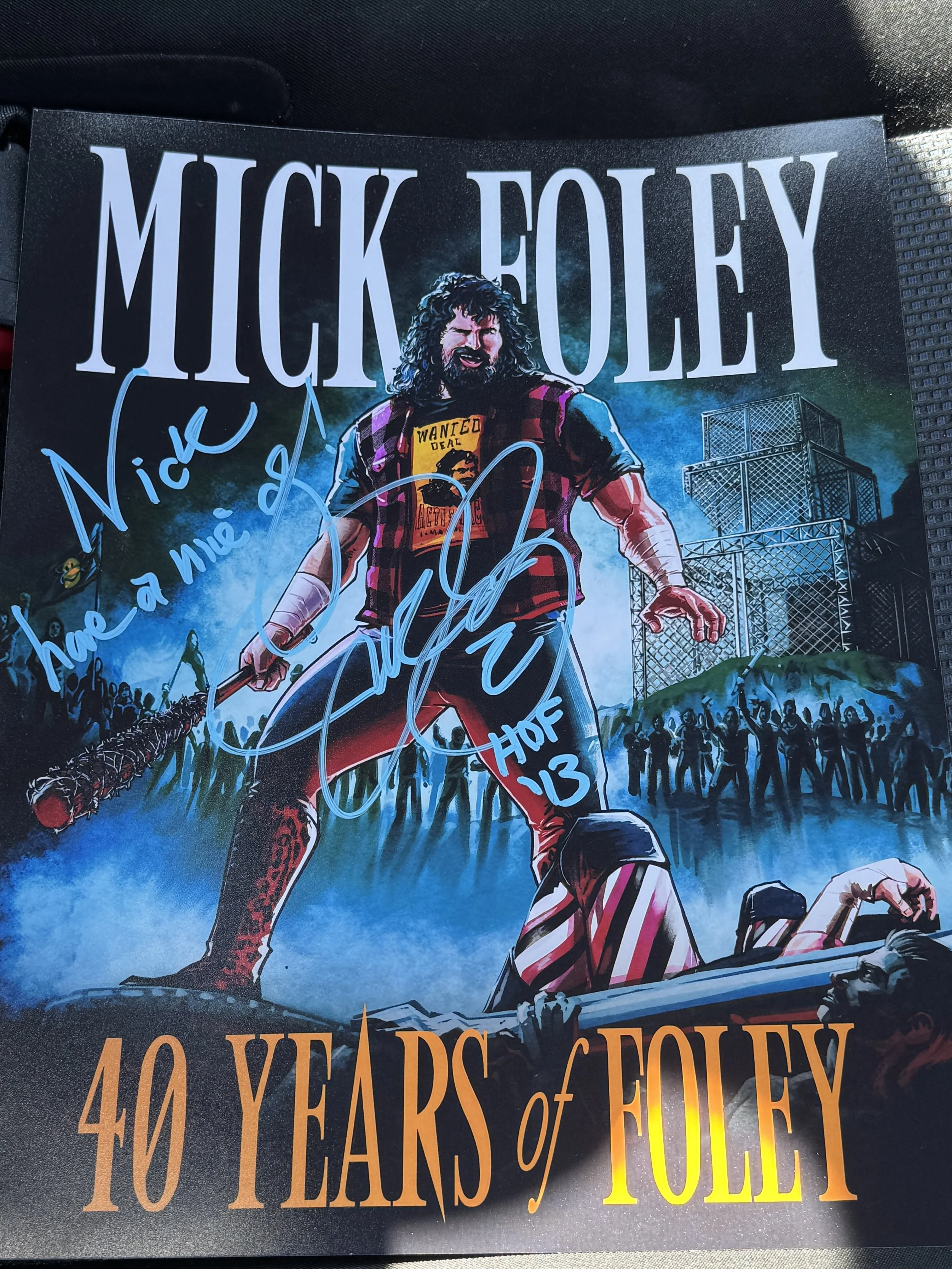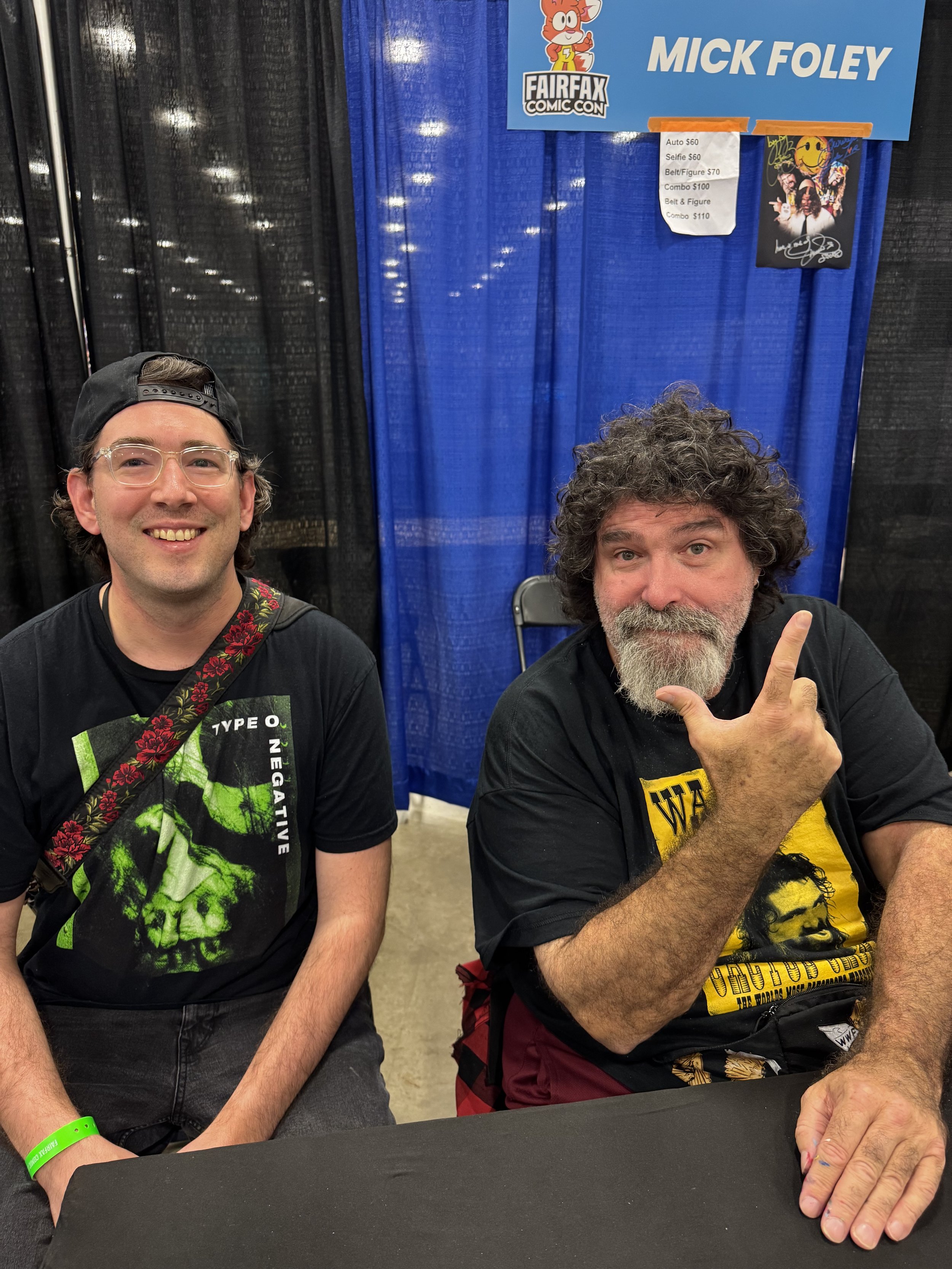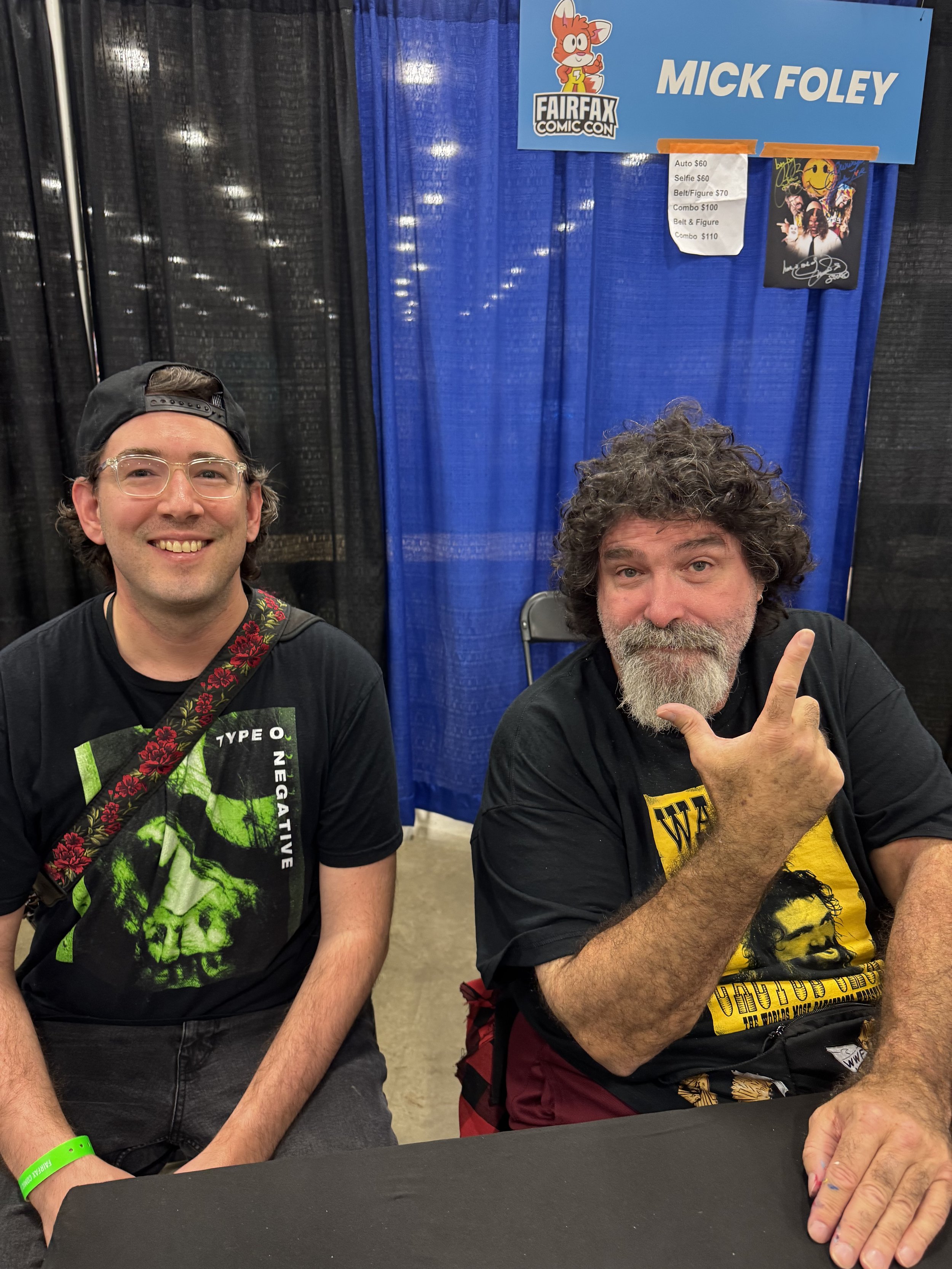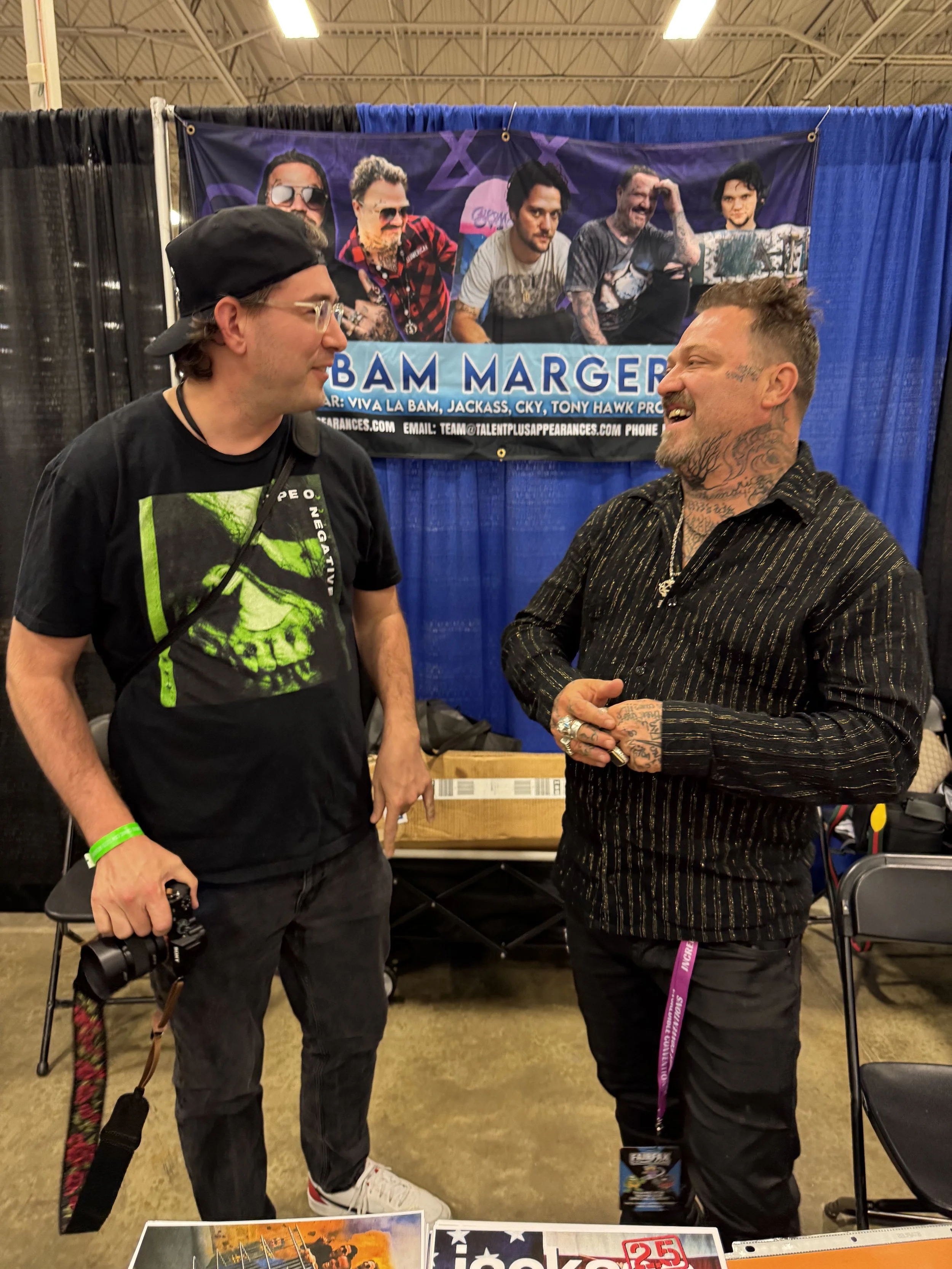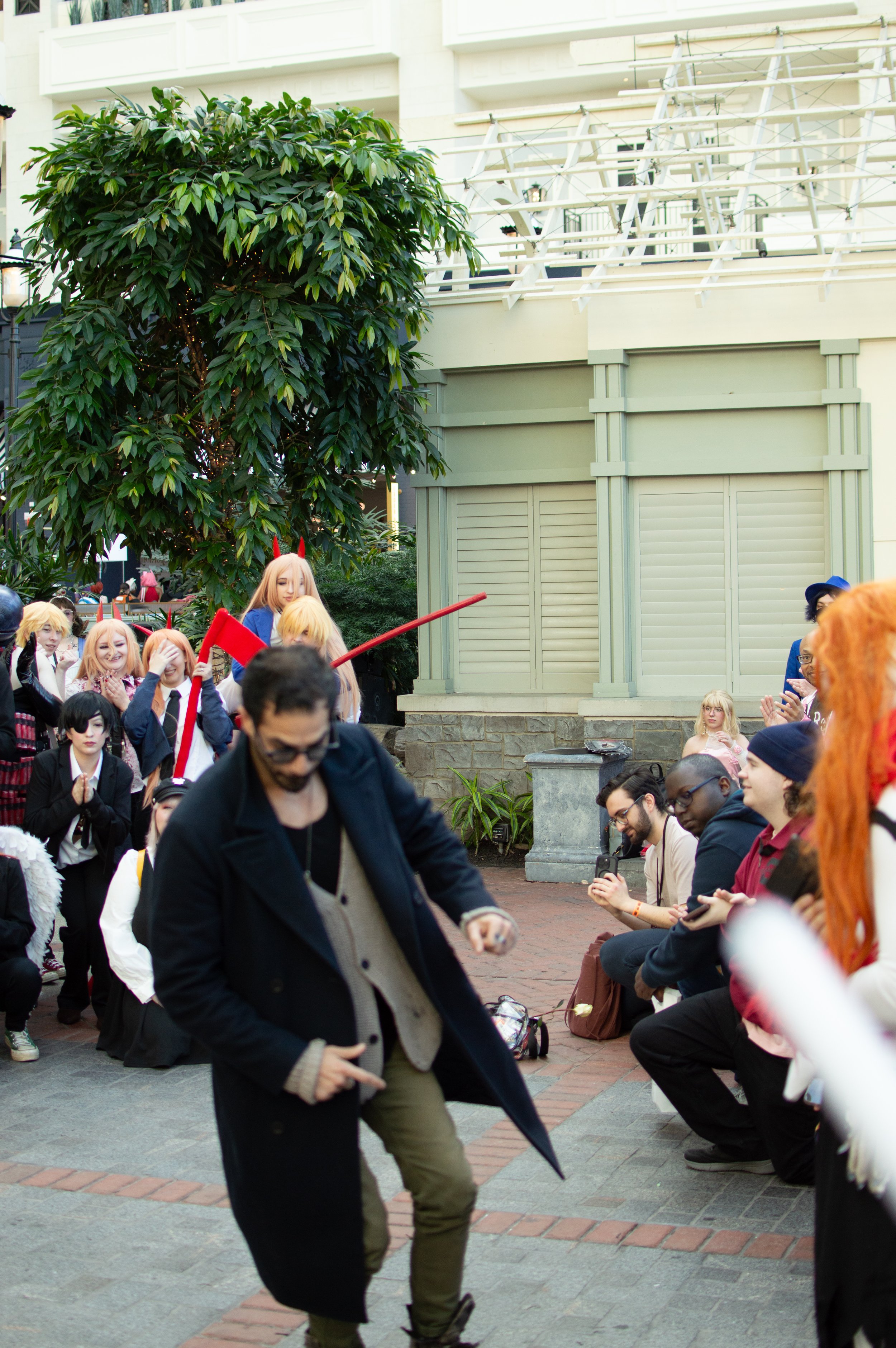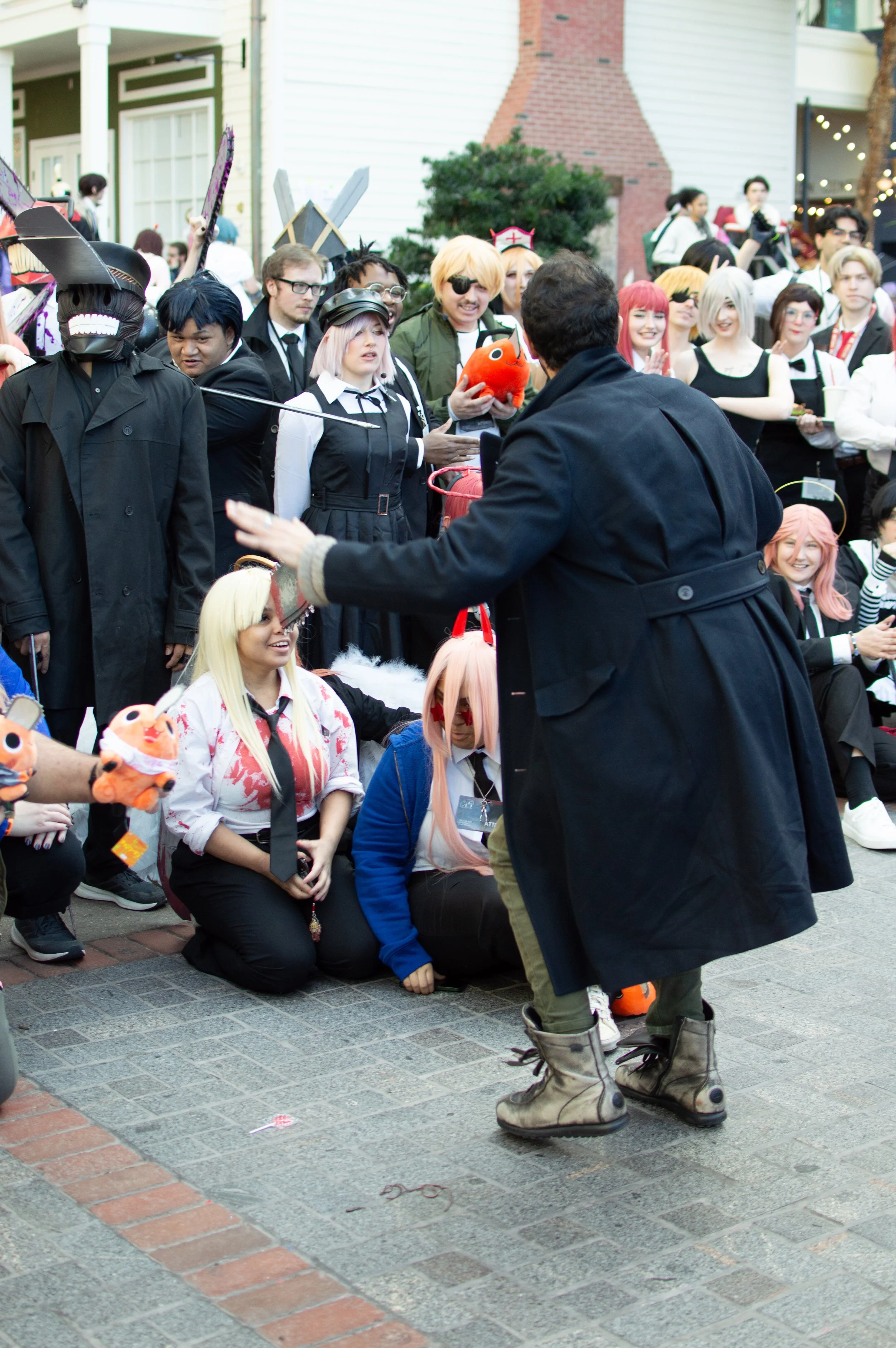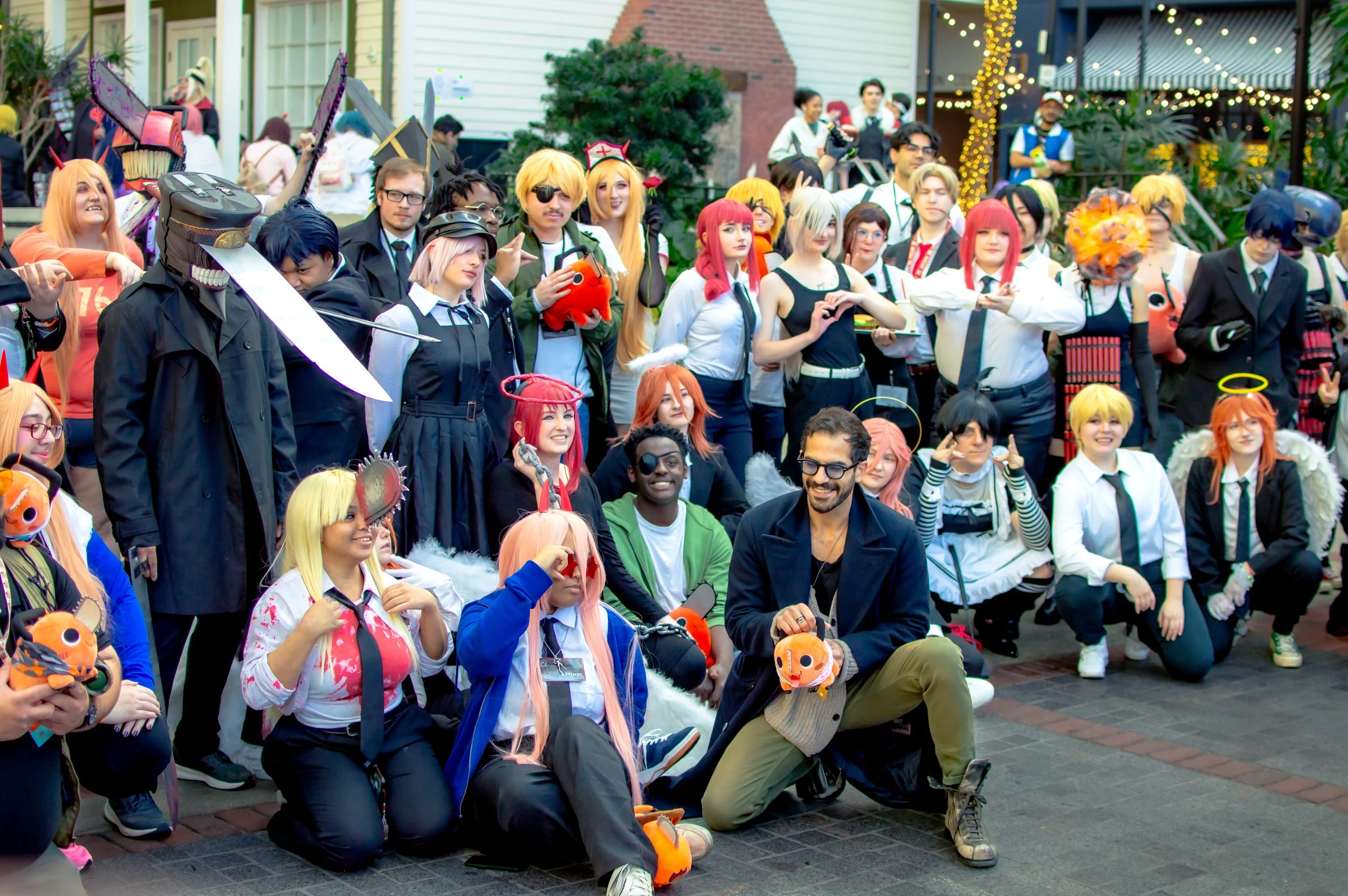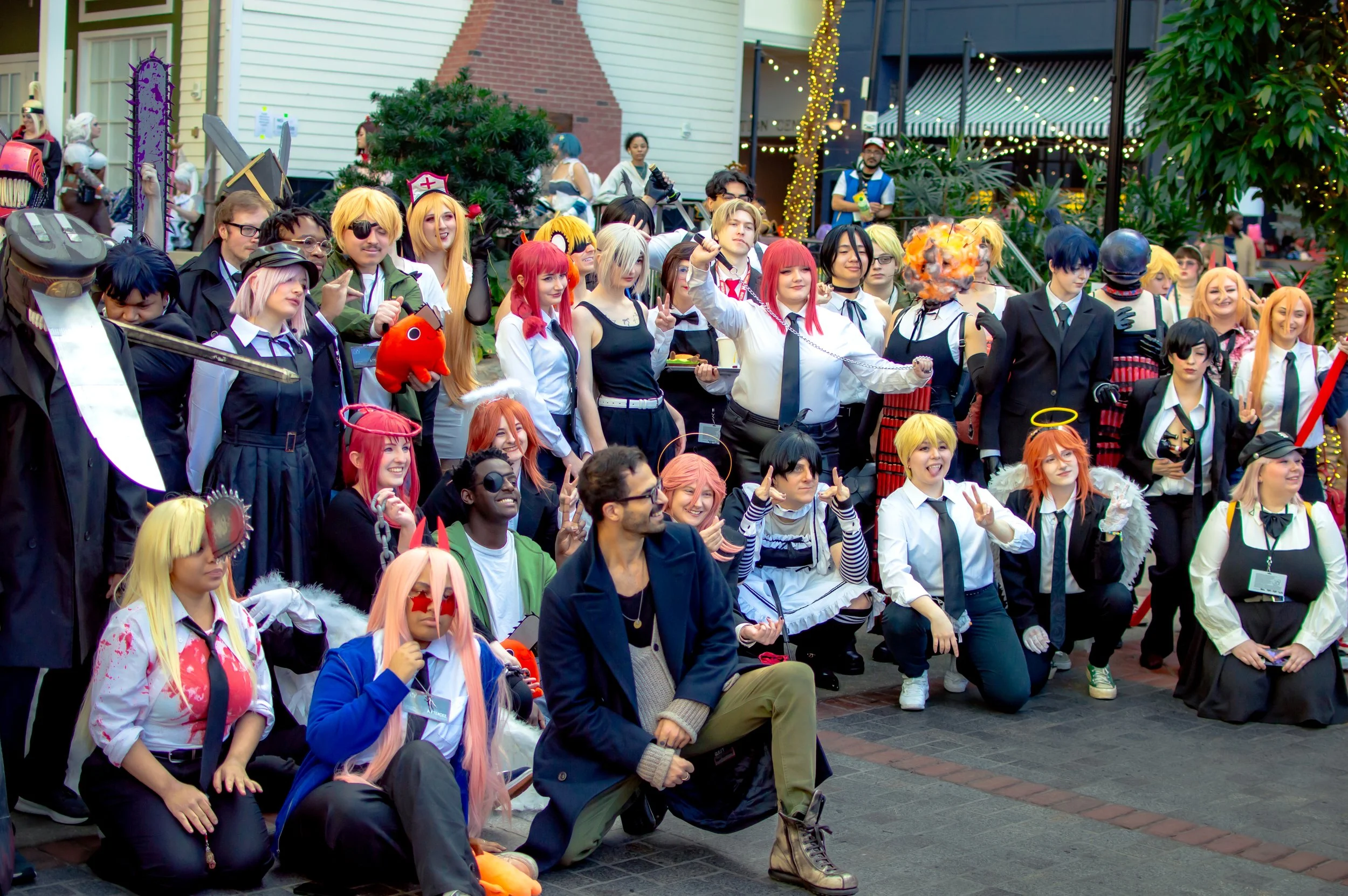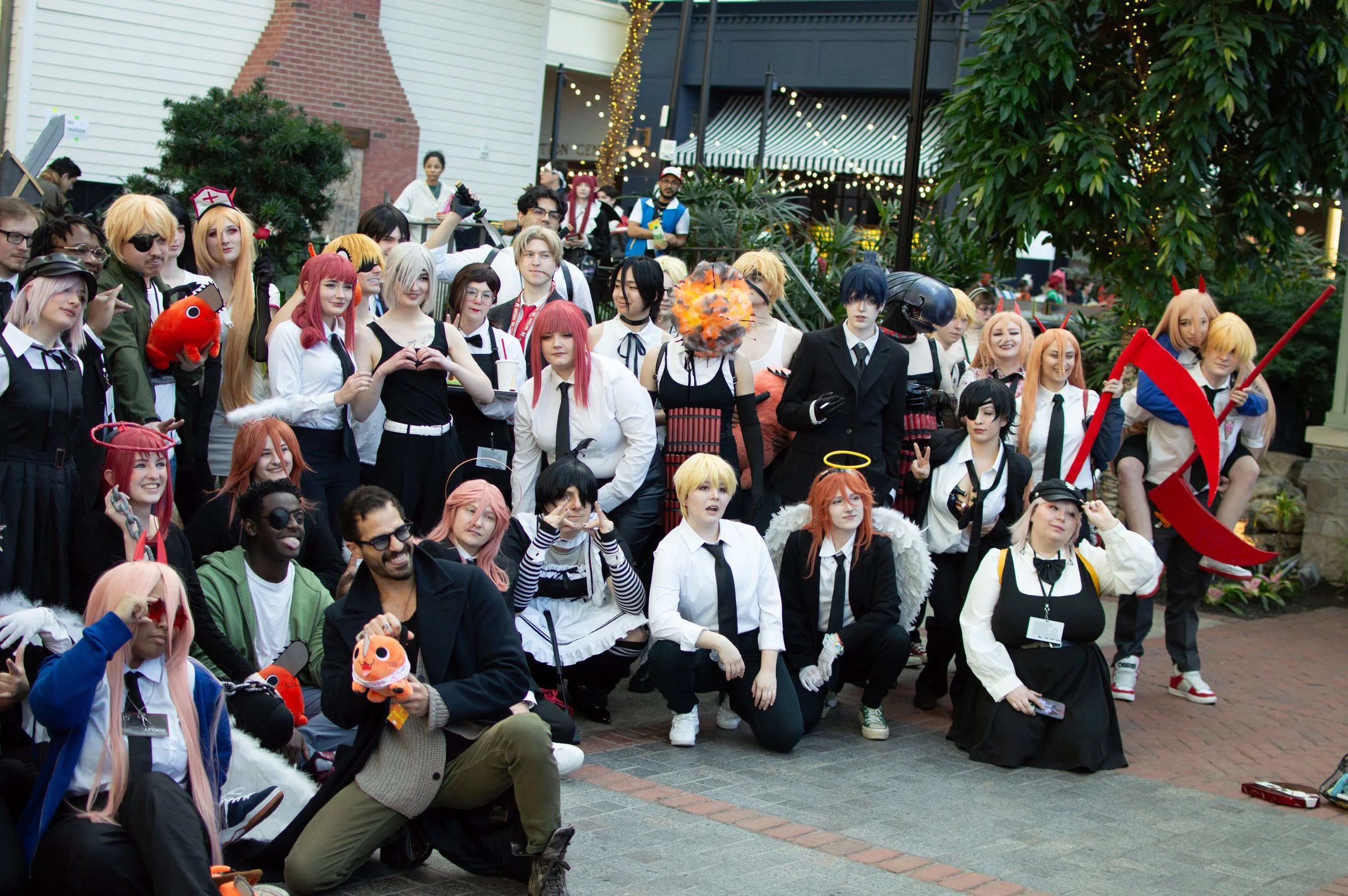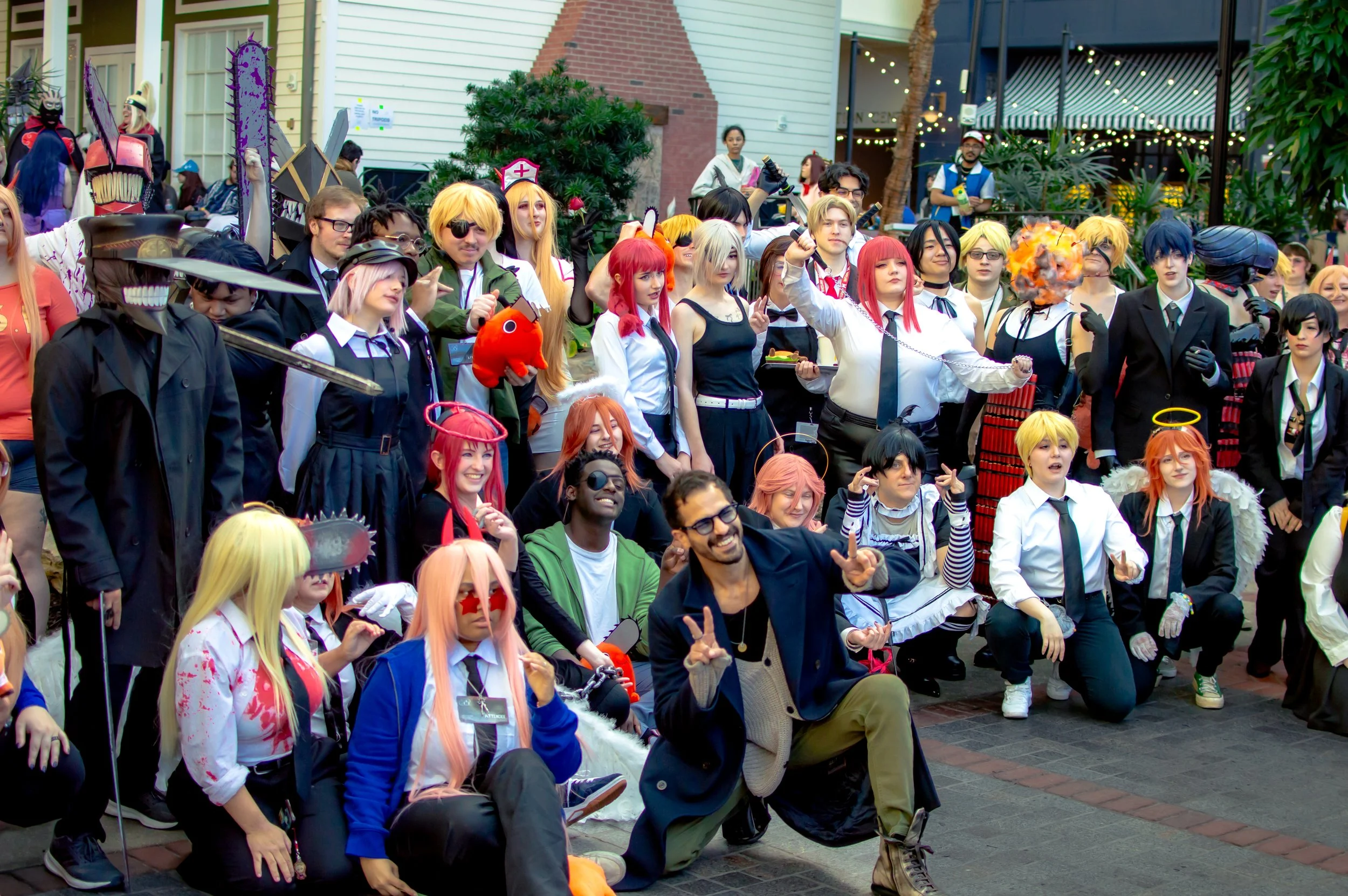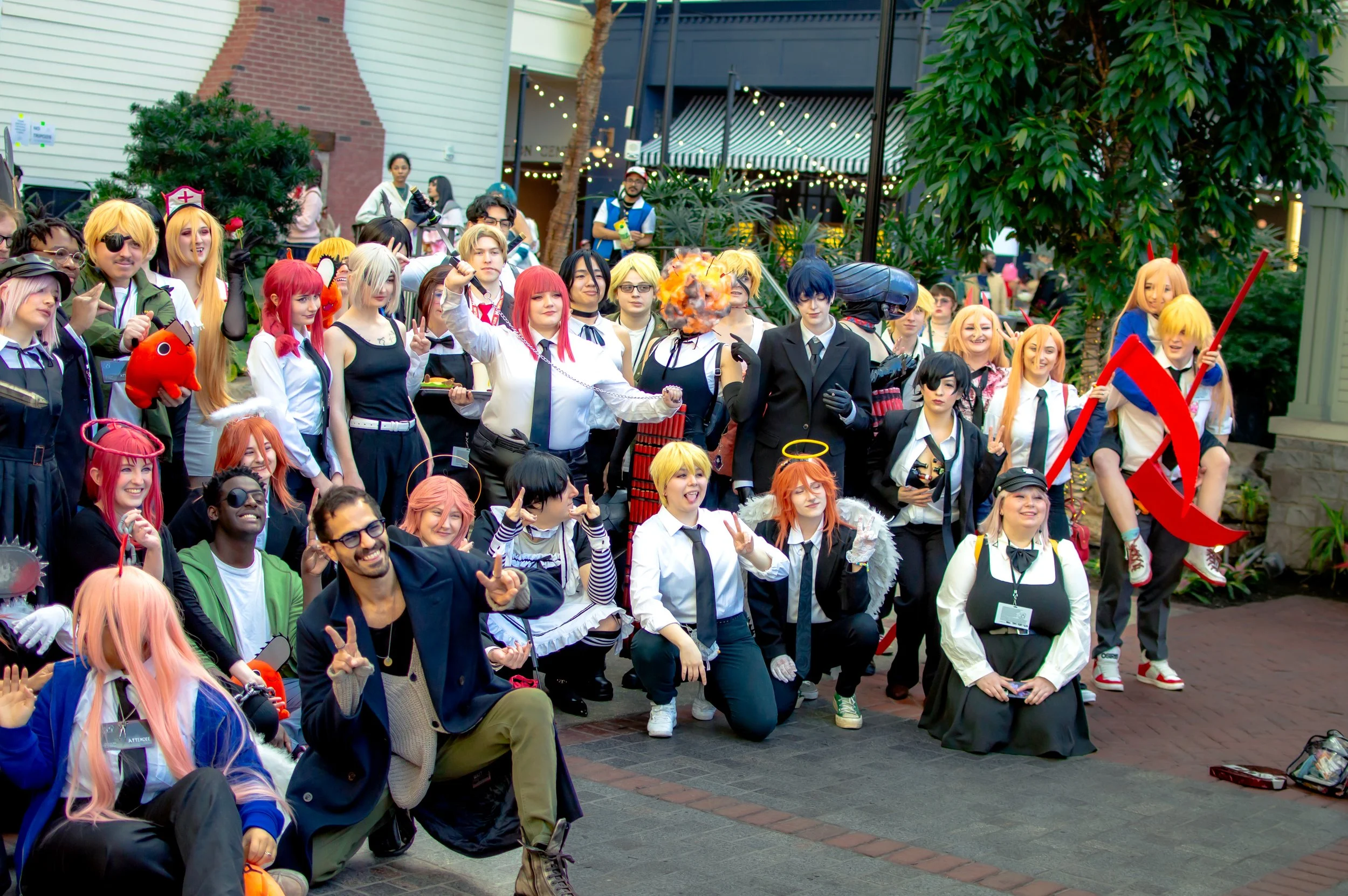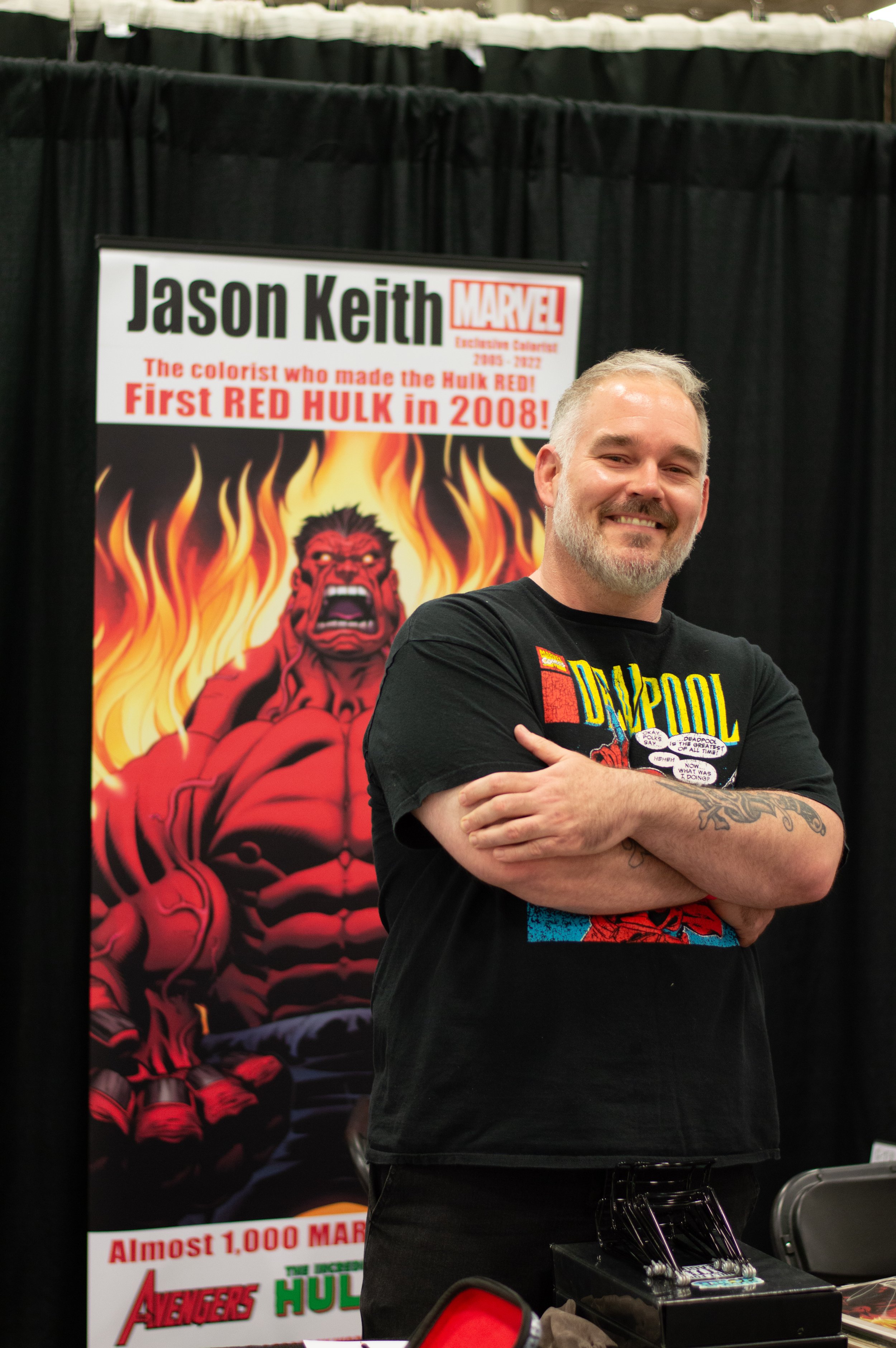Chris is an illustrator and mangaka who has illustrated for Hatsune Miku “Magical Mirai”, Snow Miku, Pokemon featuring Hatsune Miku, support illustration for Zenless Zone Zero, manga in anthology comics for Disney and Aniplex’s game Disney Twisted Wonderland, and more.
Otakon, Washington, D.C. August, 2025
Ryuuza Media: Chris is an illustrator and mangaka who has illustrated for Hatsune Miku: Magical
Mirai, Snow Miku, Pokemon featuring Hatsune Miku, support illustration for Zenless Zone Zero,
manga and anthology comics for Disney and Aniplex's game, Disney Twisted Wonderland, and
more.
So, in 2013, you were the original designer and main illustrator for the Hatsune Miku
Magical Mirai event, which is basically a live 3D computer graphic concert with virtual singers.
How did you come up with your design?
Chris: I did Magical Mirai in 2013 and the theme for that year was magician. If you look at that
illustration, you can see a magician hat. If you hit the magician's hat with a rod or a stick, a lot of
things pop out. That was kind of a visualization to represent that this is about Hatsune Miku and
everything that's related to Hatsune Miku. The company that has a license for Hatsune Miku is
called Krypton and has six other characters. Officially, including Miku, they are
called Piapro Characters.
They will bring all the people they have worked with before, collaborated with. Basically, they want
it to be where they will try to bring everything you can meet at one place. They kind of made a fun
play on words with Magical Mirai. In Japanese, it would be Maji, which is real, or true to heart.
Karu means culture, because in Japanese it is Karucha. Mirai means future. People who are very
dedicated to the culture and thinking about creating a future where they wanted
to create an event for the future where a lot of people who love the characters come together
and have fun together. According to what Chris said [interpreter speaking], she tried to portray that.
It's a fun of explosions [the hat in the illustration]. When you hit it, everything is going to come out.
The charming point of that specific illustration was the big hat and the musical note of the rod that
she hits the hat with. A lot of the people that she has worked with actually love that musical note
rod. She believes that those two are the charming points for that specific illustration.
RM: Were you at the event? Because on August 30th, at the Yokohama Arena, there were 15,000 fans there. Were you able to witness it yourself?
C: Of course, I was there. I was in the crowd on that day. If you look at the official Twitter, now
what we call X, I made an official Twitter account for Magical Mirai. It was created in April or May
of 2013. The event itself was in August. It was a very short time period to plan an event at that scale.
The planning portion was extremely short. It had a lot of things. A lot of the companies that
collaborated were there. The 3D hologram live was there. It was an amazing event that moved her a
lot. This must be the magic. This must be the magical day. This must be the magical future that
they were trying to portray in the title.
She would like to express all the thanks to the hard-working staff who are not seen in the
foreground. They were working hard in the background.

